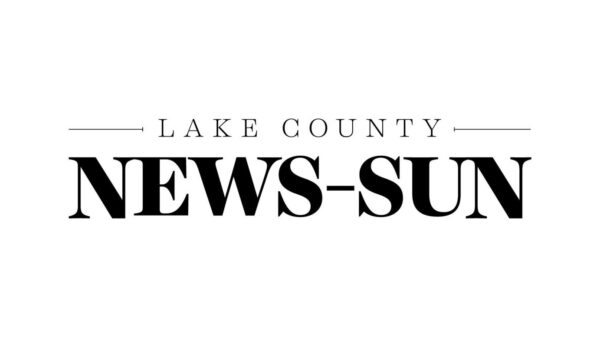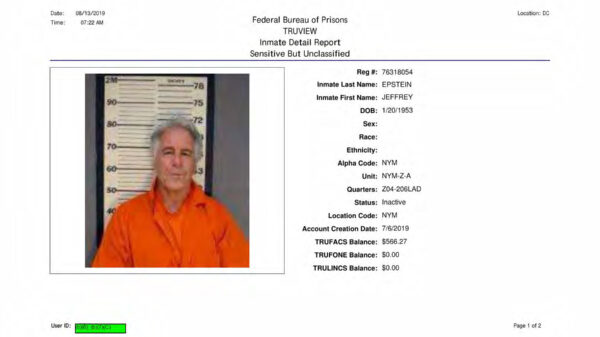UPDATE: In a landmark ruling, Judge James Boasberg declared that Meta does not hold an illegal monopoly over social media platforms, a decision that comes as a significant win for the tech giant. The ruling, issued on July 25, 2023, comes after a lengthy five-year legal battle initiated by the Federal Trade Commission (FTC).
The judge ruled that the FTC failed to prove that Meta currently dominates the social media advertising market, particularly as competitors like TikTok have surged in popularity. “Whether or not Meta enjoyed monopoly power in the past, the agency must show that it continues to hold such power now,” Boasberg stated in his decision.
This ruling is crucial for Meta CEO Mark Zuckerberg, who has previously expressed ambitions to dominate the social media landscape. In messages revealed during the trial, Zuckerberg stated, “It is better to buy than compete,” indicating a strategic approach to acquiring competitors like Instagram and WhatsApp to stave off competition.
The judge emphasized that the FTC failed to provide evidence showing that users view Meta’s platforms as superior to alternatives like TikTok and YouTube. “Consumers are reallocating massive amounts of time from Meta’s apps to its competitors,” Boasberg noted, illustrating the shifting dynamics in the social media landscape. This change has compelled Meta to invest heavily to maintain its user base, reflecting a significant transformation in user preferences.
This ruling arrives amidst a rapidly evolving technological landscape where social media consumption is increasingly dominated by video content. As Judge Boasberg pointed out, apps such as TikTok and YouTube are now primary competitors, indicating a shift that undermines Meta’s previous stronghold.
Meta’s victory marks a broader trend where major tech firms are navigating and often evading stringent antitrust actions due to emerging technologies. Similar to Meta, Google has also managed to escape severe penalties despite being found to have a monopoly over online search, thanks to the rise of generative AI technologies that could disrupt established dominance.
As the tech industry continues to evolve, the implications of this ruling are profound. Meta can now focus on enhancing its services without the immediate threat of being forced to divest major assets. This decision not only impacts Meta’s business strategy but also sets a precedent for how regulatory bodies may approach antitrust issues in the future.
What’s Next: As Meta navigates this victory, industry watchers will closely monitor how the company adapts to the competitive landscape and what new strategies they implement to retain their market presence against evolving challenges. The FTC may also consider its next steps following this ruling, as the debate over monopolistic practices in the tech industry intensifies.
Stay tuned for further updates on this developing story as it unfolds.



































































